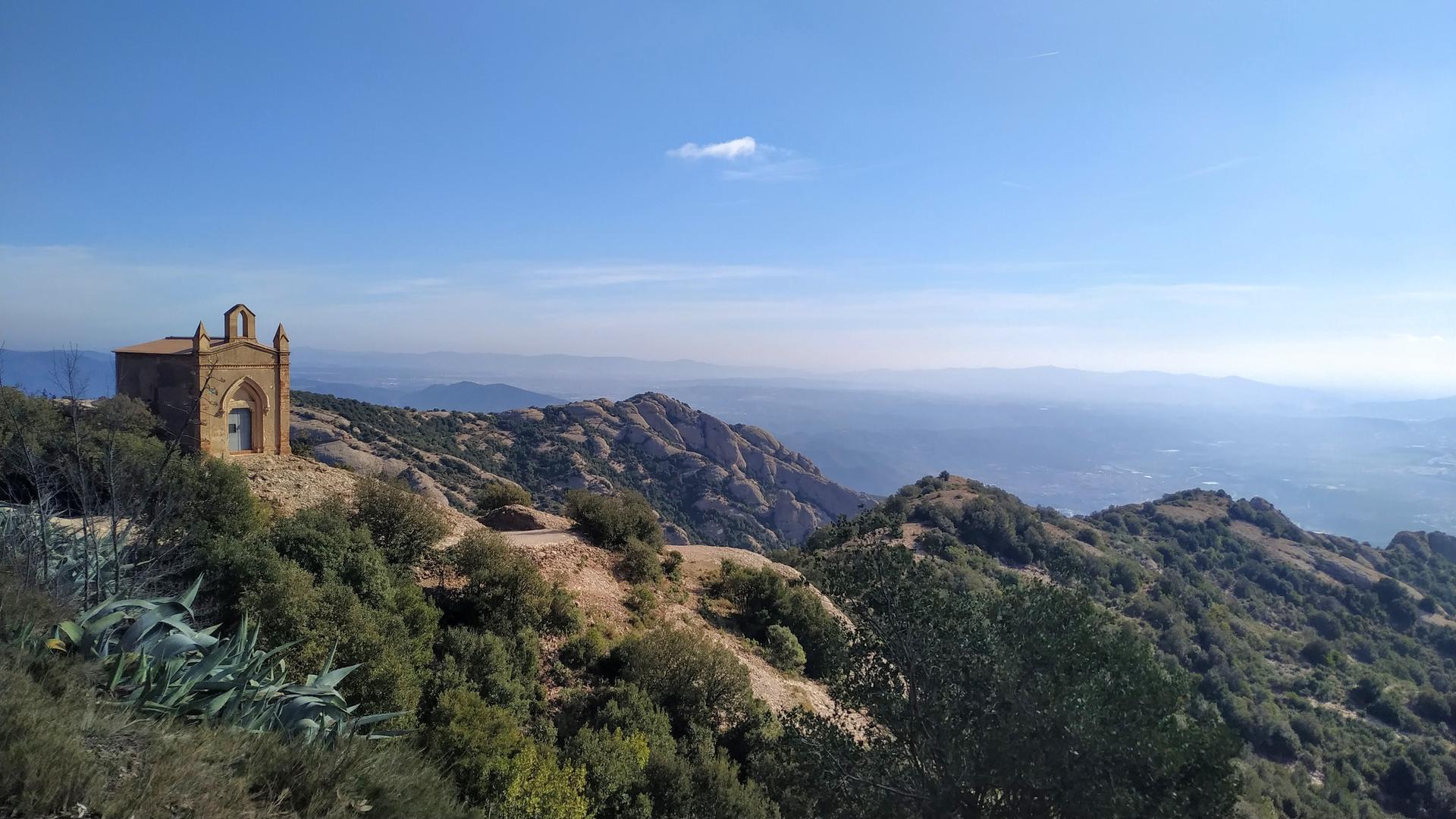Montserrat🇲🇸

Montserrat, part of the Lesser Antilles chain in the Caribbean, is a British Overseas Territory. Known for its lush green mountains and the Soufrière Hills Volcano, a significant attraction despite being active. It's particularly famous for its unique blend of Irish and African traditions, represented in its people and culture. The island is home to the famous Montserrat Oriole bird and beautiful black sand beaches.
⚠️Things you should avoid⚠️
- Ignoring safety warnings about the volcano, particularly if you are near the exclusion zone.
- Venturing alone into isolated areas late at night.
- Drinking and driving - it's illegal and strictly enforced.
- Assuming everyone accepts credit cards, many smaller establishments only accept cash.
- Over-exposing the sun, apply sunblock regularly.
- Showing disrespect towards local customs and traditions.
- Forgetting to use mosquito repellent due to potential spread of diseases.
- Ignoring hurricane warnings during the storm season.
- Feeding or disturbing local wildlife.
- Expecting brisk service, things run at 'island time' here.
Overall
8
Crime 🔫
7
Crime in Montserrat remains relatively low, with mostly minor, isolated incidents. Major cities, towns and tourist attractions are generally safe, but as with any destination, tourists should remain vigilant.
Terrorism 💣
10
There have been no significant instances of terrorism in Montserrat's recent history. The island maintains a peaceful environment, free from any terror-related incidents.
War ⚔️
10
Montserrat has not been involved in any major warfare incidents in recent history. As a British Overseas Territory, it enjoys stability and safety.
Natural Disasters 🌊
6
Montserrat's natural disaster risks are mostly associated with hurricanes and volcanic eruptions. The Soufrière Hills Volcano last erupted in 1997, causing significant devastation and leading to the creation of an exclusion zone. Hurricane season, typically from June to November, can bring heavy rainfall, wind, and flooding.
Medical Care 🏥
8
Montserrat has a hospital and several clinics providing basic medical care, though complex treatments may require transfer overseas. Medical facilities are equipped to handle most common illnesses and injuries.
Tap Water Quality 💧
9
The tap water in Montserrat is considered safe to drink, with high water treatment standards. It's advisable, however, to stay updated on local water advisories.
Disease Burden 🤒
9
There are no significant disease threats in Montserrat. However, visitors are recommended to stay updated with vaccinations and take basic precautionary measures against mosquito-borne diseases.
Corruption 💸
8
Corruption levels in Montserrat are relatively low, with the local government taking stringent measures against corrupt practices. However, like any territory, isolated instances may still occur.
Safety for Women ♀️
8
Montserrat is generally safe for women travelers. It's always recommended to adhere to safe travel practices such as avoiding isolated areas late at night and staying alert.
Safety for Queer People 👬
7
While there is no legislation specifically protecting LGBTQ+ rights in Montserrat, the culture is generally tolerant. However, public displays of affection might attract attention.
Censorship 📺
9
Montserrat believes in freedom of speech and the press, and there is no significant censorship. Both print and electronic media operate freely.
Public Transportation 🚌
7
Public transportation in Montserrat is reliable and affordable, including buses and taxis. However, the island's road system can be rough in places, and caution should be exercised while driving, especially in rainy weather.
Other useful information
🔒 How safe is it?
Montserrat is generally safe with a low crime rate, no recent incidents of terrorism or war, and a relatively low risk of corruption. However, it is exposed to natural hazards (volcanic eruptions and hurricanes), and visitors should stay informed about weather conditions. Both female and queer travelers can feel comfortable here, albeit following general safety precautions.
🏰 Embassies in this Country
Being a British Overseas Territory, Montserrat doesn't host many embassies. For most diplomatic matters, the British Embassy in neighboring Barbados is responsible.
💉 Recommended Vaccinations
Common vaccinations for Montserrat include Hepatitis A, Typhoid, and Rabies. The routine vaccinations like Measles, Mumps, Rubella (MMR), Diphtheria-Tetanus-Pertussis, Polio, and annual flu shot are also recommended.
🐍 Dangerous Animals
Montserrat is home to relatively few dangerous animals. It's recommended to exercise caution near local wildlife and avoid approaching or feeding them. Watch out for jellyfish while swimming.
🛂 Visa Requirements
Tourists from many countries do not need a visa to visit Montserrat for up to 6 months, but a valid passport is required. Check with your local government travel advice.
💲 Currency
The official currency of Montserrat is the East Caribbean Dollar (XCD). ATM services are available and credit cards are accepted in many places.
💳 Credit Card Acceptance
Credit cards are widely accepted at larger establishments in Montserrat, but it's also a good idea to carry some cash especially for smaller businesses.
🧑🏭 Is it possible to work and travel in this country?
Montserrat is a small island with limited job opportunities. However, teaching English or working in the tourist industry can be feasible. Work permit is needed.
💵 Cost of Travel and Living
The cost of travel and living in Montserrat can vary. Basic costs such as food and transport are affordable, but accommodation prices may be higher depending on the location and quality.